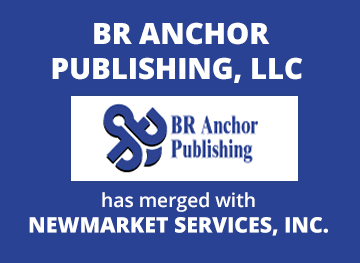There are two primary ways to finance a mortgage, those being through a mortgage broker and through a bank. While the differences may be minor, depending upon your current situation, it may be worth it to know a bit more about each potential option. In essence, the brokers work as intermediaries between banks and lenders and on the wholesale end to source financing. On the other hand, the traditional banks and credit unions work directly with homeowners to provide retail financing. There are pros and cons for both choices, some key highlights listed below.
Mortgage Brokers: Pros and Cons
Brokers have the ability to work with an assortment of lenders to identify loans for clients, however they do not lend money directly. As mentioned, this is the role of the lender. The lender may be an actual mortgage bank that specializes in only dealing mortgages or it could be a large commercial/community or a credit union. A positive feature of working with a broker is that that they have a variety of loans from which they can choose, thus you should request from you broker a list of his or her best options from which you can originate financing. And because they are not restricted to only one bank, they are able to leverage their connections within the industry to help find a program that may be unique to your particular needs.
One of the biggest advantages of working with a broker is that they know the industry, as it is the profession. While the normal person may only obtain a loan once or twice in a lifetime, a broker does this every day, thus they understand all of the trends and are aware of what institutions are offering the best rates. Additionally, they will handle all of the paperwork necessary to interact with these institutions, saving you time and some stress. One potential downside are the fees associated with paying a broker, as brokers typically receive payment from the lender and others charge generous fees to the borrower. This is particularly true when the borrower may have credit issues or other problems associated with their past. Additionally, some brokers may only want to send your business to lenders with whom they have long relationships and may be disposed to source the mortgage from the financial institutions that will pay them the highest commissions.
Bank: Pros and Cons
If you are regular customer of a bank with multiple accounts, a credit card, and an auto loan, then there is a good chance that you will receive special terms on your home loan. Essentially, the longer and more extensive your relationship with the institution is, the better the terms should be, since you have proven not to be a credit risk. However, if you do not have a solid working history with a particular bank you may have to shop around, which takes time and effort. The entire process of comparing particular rates, terms, and understanding the finer points of the deal can be lengthy and somewhat confusing as the nuances of examining the mortgage products individually can be a bit overwhelming to some. Additionally, when compared to a broker, banks have fewer options available and are typically more conservative when lending to a new customer.







